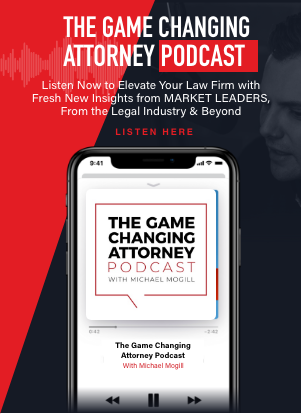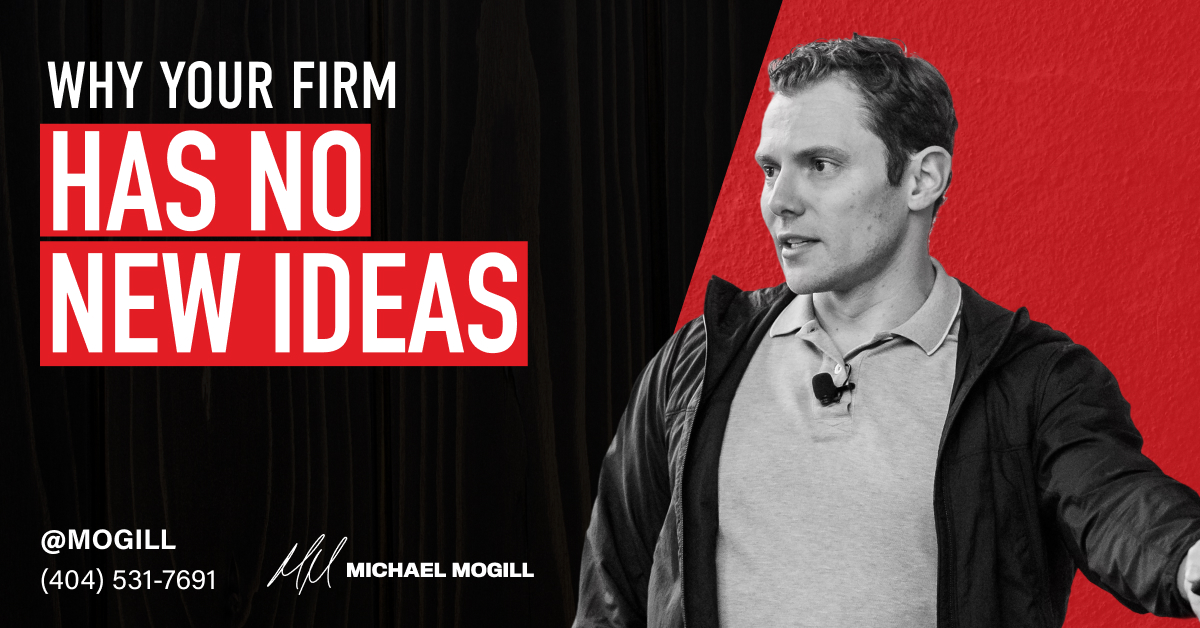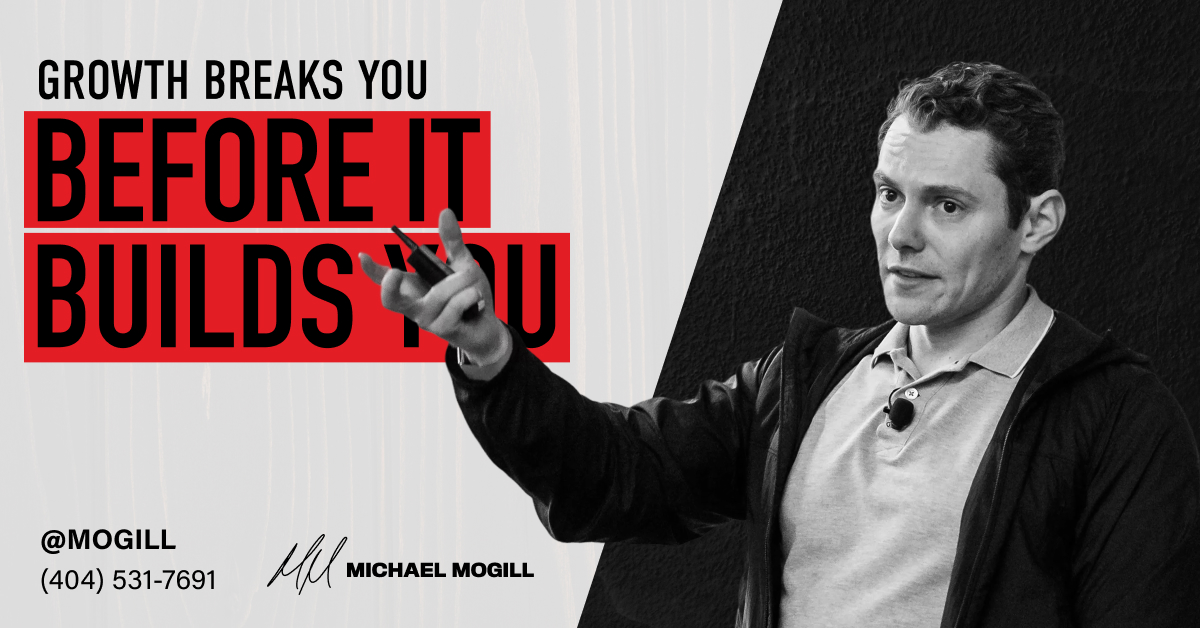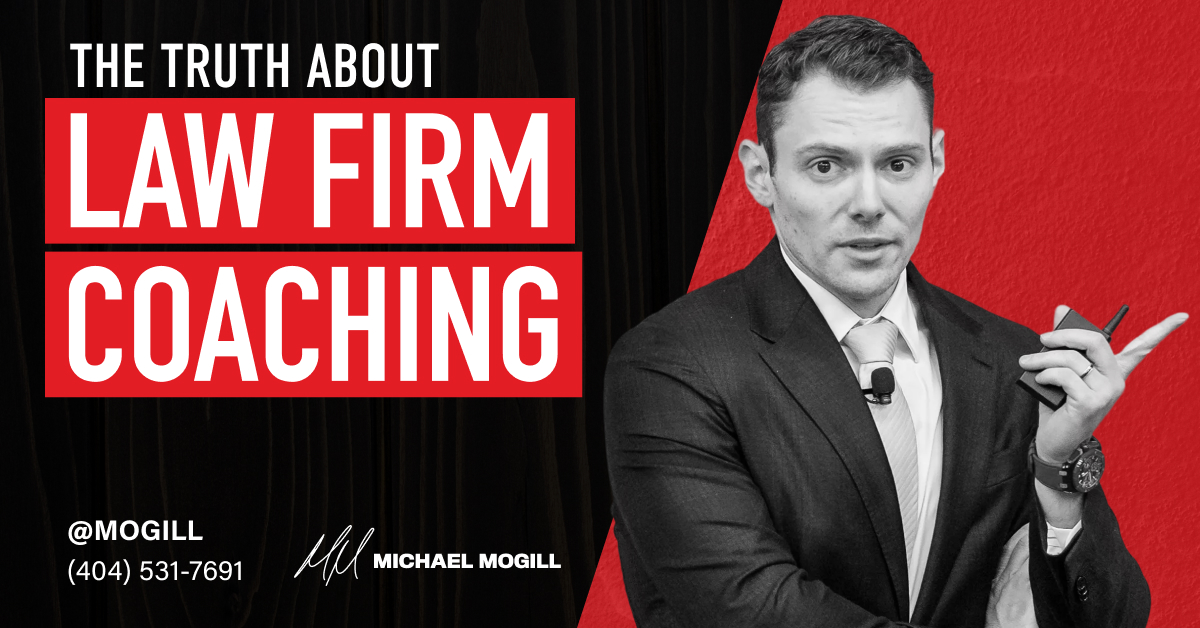As a leader — especially if you’ve not been one for too long — one of the hardest things to gain confidence in is decision-making. It’s hard enough doing it for yourself, but when you’re at the helm of an organization, your decisions affect other people’s lives, which means every mistake can have that many more consequences.
Understandably, that’s scary. But here’s the truth: Delaying decisions out of fear of making the wrong one is hurting you and your team more than a wrong decision would.
Jeff Bezos categorizes decisions as one-way or two-way doors. One-way doors are those you can never come back from. In other words, finite decisions you can’t take back.
Here’s what most people get wrong. Those one-way door decisions happen a lot less frequently than they think: once, maybe twice a year, and perhaps even less frequently than that.
Most of your decisions in life will be two-way decisions: You make one, then look at the outcome, and if you don’t like it, you have the option to go back and adjust.
But we tend to think that every single decision is an end-all, important one and hesitate, wasting precious time in rumination when we could be learning instead.
But the truth is, even if you make the wrong decision, you didn’t truly lose. You can still use the metrics, the data, and the lessons you gained to go back to the drawing board — a lot smarter this time. You can make invaluable inferences that help guide other similar decisions, implement new rules, etc.
It happens with us all the time at Crisp. We want to launch a new marketing campaign, so we’ll go ahead and do it. A week or two passes by, and we don’t see the results that we expected.
But that changes nothing. Instead of clinging to that choice, we shift and reallocate, using the data we collected during the process to implement something else.
While one company might be frozen by deciding whether or not to give a green light to their first idea, we’re implementing idea number four, learning, growing, and, by the end of the year, getting far ahead of the competition by embracing trial and error.
Because the only wrong decision is no decision at all.
People get paralyzed by the idea that a single decision can ruin everything, when in reality, you rarely know what the “right” decision even was until much later — if ever.
Hindsight is perfect. Foresight never will be.
Think about the small choices that ended up altering the trajectory of your life or the people you accidentally met. They didn’t feel monumental at the time. For example, I met and developed a close friendship with Alexander Shunnarah as a result of random decisions and multiple delayed flights that just so happened to line up.
Waiting doesn’t protect you from uncertainty, and action is the only thing that creates opportunity.
So the next time you’re struck by decision paralysis, remind yourself that you don’t have to know where a decision will lead. You just have to decide that whatever the outcome, you will measure it, learn from it, and adjust — without taking the foot off the gas.






